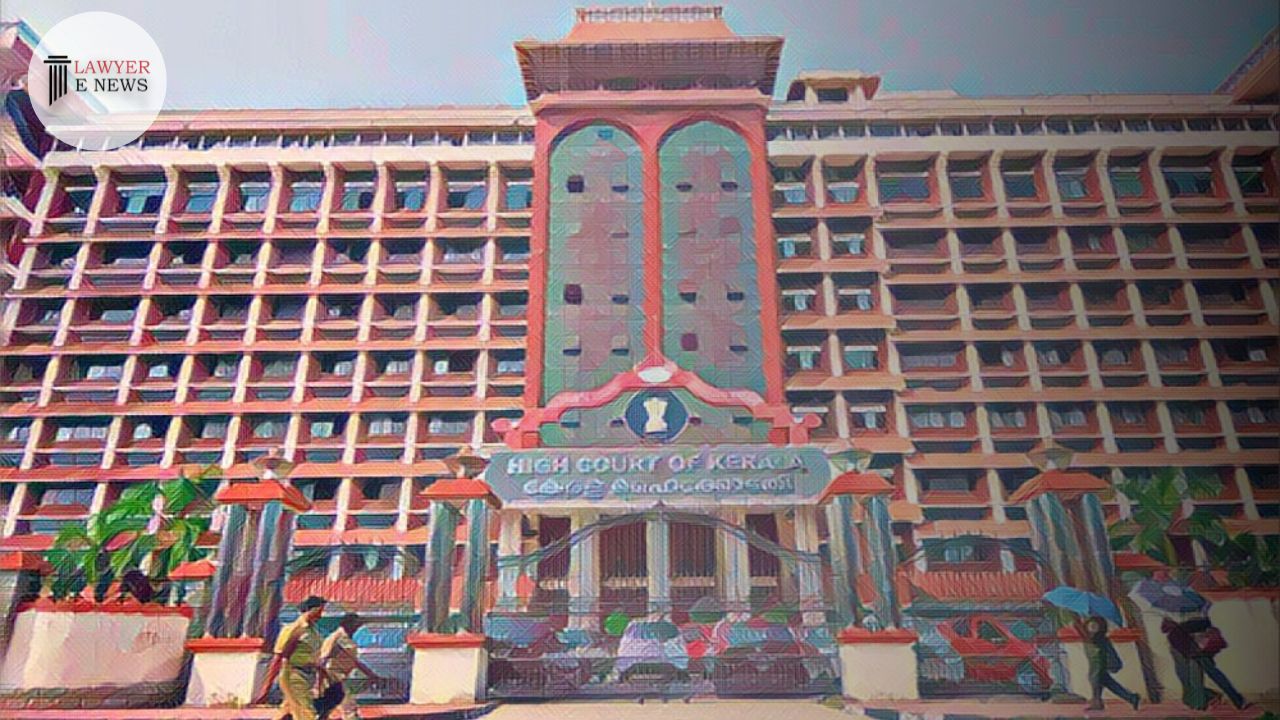-
by Admin
15 February 2026 5:35 AM



In a significant ruling, the Kerala High Court, presided over by the Honorable Mrs. Justice Sophy Thomas, upheld the conviction of an individual in a cheque dishonour case under Section 138 of the Negotiable Instruments Act. The court’s decision centered on the crucial legal presumption related to the issuance of cheques.
Justice Sophy Thomas remarked, “When a signed blank cheque is voluntarily given to a payee, towards some payment, the payee may fill up the amount and other particulars, and that will not invalidate the cheque. The onus to rebut the presumption under Section 139 of the N.I Act that the cheque has been issued in discharge of a debt or liability, is on the revision petitioner.”
The case, originating from the Judicial Magistrate of First Class, Kothamangalam, involved P.K. Uthuppu, the revision petitioner, who was accused of issuing a cheque that was dishonored due to insufficient funds. The complaint was filed by N.J. Varghese, alleging that Uthuppu failed to repay a loan of Rs. 4 lakh, as agreed upon. Despite Uthuppu’s defense that the cheque was issued as security for a vehicle loan and not for debt discharge, the court found his arguments lacking substantive evidence.
The appellate court had modified Uthuppu’s sentence to imprisonment till rising of the court, with a fine of Rs. 4 lakh. The High Court, upon review, affirmed this decision. Justice Thomas emphasized the importance of the presumption under Section 139 of the N.I Act, which places the burden of proof on the accused to demonstrate that the cheque was not issued in discharge of a debt.
The ruling serves as a stern reminder of the legal responsibilities entailed in issuing cheques and the importance of evidence in rebutting presumptions in financial disputes. The court’s decision is seen as a reinforcement of the principles governing financial transactions and liabilities under the Negotiable Instruments Act.
Representing the revision petitioner was Adv Sri. S. Rajeev, and for the respondents, Adv Sri. R. Bindu Sasthamangalam, with Shri Renjit George serving as the Senior Public Prosecutor.
The case also referenced notable precedents, including Bir Singh v. Mukesh Kumar and Asraf Ali v. State of Assam, further solidifying the legal stance on the matter. The court directed the revision petitioner to comply with the sentence and the fine payment as stipulated by the trial court.
Date of Decision: 07November 2023
P.K. UTHUPPU VS J. VARGHESE,
